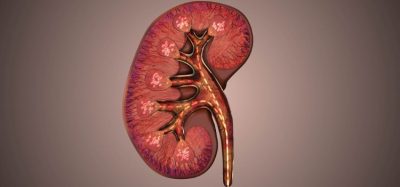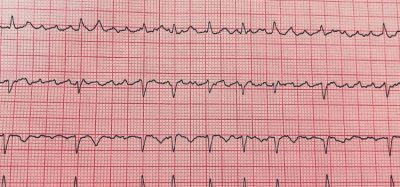Could obicetrapib facilitate sufficient LDL-cholesterol levels?
Posted: 28 June 2023 | Catherine Eckford (European Pharmaceutical Review) | No comments yet
Data shared at the National Lipid Association (NLA) Scientific Sessions 2023 demonstrated that obicetrapib with ezetimibe reduced low-density lipoprotein cholesterol (LDL-C) while increasing HDL-C, compared with high-intensity statin monotherapy.


Obicetrapib as a treatment for reducing cholesterol levels has potential to be the first cholesteryl ester transfer protein (CETP) inhibitor to advance to clinical practice, data and analytics company GlobalData has reported. This forecast is based on positive data from NewAmsterdam Pharma’s Phase II ROSE2 trial evaluating obicetrapib in combination with ezetimibe as an adjunct to high-intensity statin therapy.
Based on data presented at the National Lipid Association (NLA) Scientific Sessions 2023, the combination treatment reduced low-density lipoprotein cholesterol (LDL-C), non-high-density lipoprotein cholesterol (non-(HDL-C), Apo B, and total and small LDL particle concentrations, while increasing HDL-C compared with high-intensity statin monotherapy.
Obicetrapib is an oral CETP inhibitor developed to decrease LDL-C and increase HDL-C and the number of ApoA1-containing lipoprotein.
“The main advantages of the combination therapy are enhanced cholesterol reduction, synergistic effects, and targeting different aspects of cholesterol metabolism,” Dr Shireen Mohammad, Cardiovascular & Metabolic Disorders Analyst at GlobalData highlighted.
Clinical benefits seen in the obicetrapib Phase II ROSE2 trial
In the Phase II ROSE2 trial, patients received a combination therapy of 10mg of obicetrapib or placebo for 12 weeks. LDL-C levels were observed to lower in 88 percent of patients to less than 55mg/dL.
At 12 weeks, LDL-C was reduced by 43.5 percent, while LDL-C levels were reduced by 63.4 percent. Furthermore, a median reduction in lipoprotein (a) of 47.2 percent and 40.2 percent in the monotherapy and combination, respectively, was observed.
Data from the ROSE2 trials suggests that obicetrapib in combination with ezetimibe has the potential to be used in patients who are unable to achieve sufficient LDL-cholesterol lowering with other available lipid-lowering medications,” Dr Mohammad commented.
According to GlobalData, the CETP inhibitor obicetrapib is in the pipeline for dyslipidaemia. The treatment is expected to launch in 2028 in the US, EU, and Japan.
If commercialisation is successful, obicetrapib is expected to value $619 million in sales by 2029, stated GlobalData.
Related topics
Big Pharma, Biopharmaceuticals, Clinical Development, Drug Development, Industry Insight, Research & Development (R&D), Therapeutics









